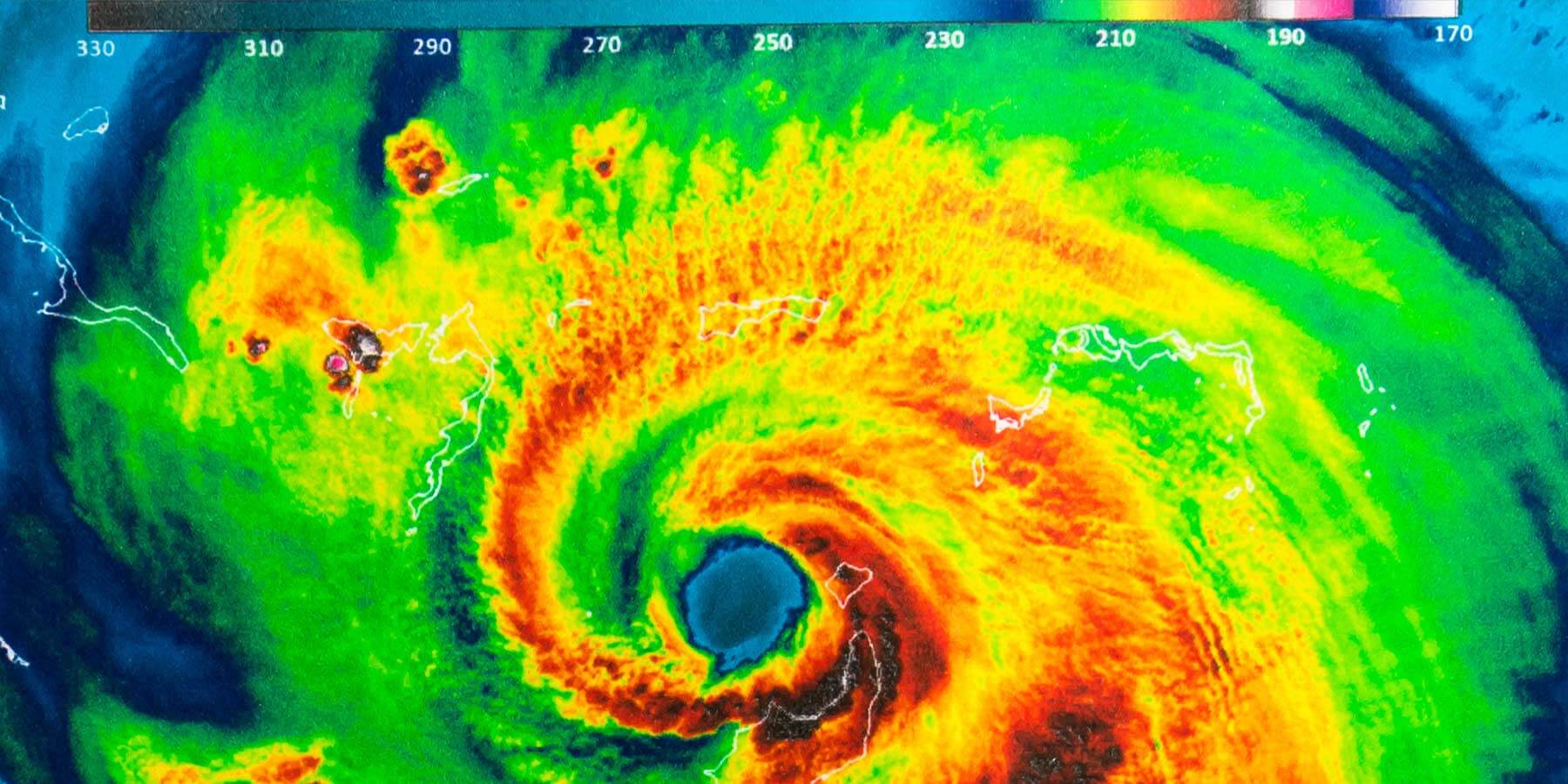The Federal Emergency Management Agency (FEMA) has introduced significant reforms to its Individual Assistance (IA) program to provide swifter and more flexible support to disaster survivors. Homeland Security Secretary Alejandro N. Mayorkas and FEMA Administrator Deanne Criswell announced these changes.
Key reforms include:
- Introduction of Serious Needs Assistance: This new cash relief program offers $750 to households with urgent needs after a disaster, replacing the previous Critical Needs Assistance. This fund will be available for all disasters receiving Individual Assistance, aiding in immediate expenses like shelter and basic household needs.
- Creation of Displacement Assistance: To address immediate housing challenges post-disaster, this benefit provides upfront funds for survivors, offering them flexibility in choosing immediate housing options, including staying with family or finding rental options.
- Streamlining of Assistance Processes: FEMA is eliminating the requirement for survivors to apply for a U.S. Small Business Administration (SBA) loan before receiving certain types of financial aid. This simplification is aimed at reducing confusion and speeding up the assistance process.
- Support for Under-insured Survivors: FEMA has revised its insurance-related rules to assist survivors who receive insufficient insurance payouts for rebuilding costs. Financial assistance up to the $42,500 cap is now available to cover expenses not reimbursed by insurance, including deductibles and under-insured losses.
- Simplified Aid for Entrepreneurs and Self-Employed Individuals: The process has been made more accessible for self-employed individuals to reopen businesses post-disaster, with initial financial support for replacing necessary tools and equipment, subject to the $42,500 maximum cap.
- Expanded Habitability Criteria: FEMA’s definition of “habitability” is now broader, including repairs to homes with pre-existing conditions. This change allows for more comprehensive home repair support, regardless of the condition of the home pre-disaster.
- Accessibility Improvements for Disabled Survivors: FEMA funding can now be used for accessibility improvements in homes damaged by disasters, enhancing living conditions for survivors with disabilities.
- Streamlined Application Process: The application process has been simplified, including reduced documentation requirements removing barriers for late applicants, and streamlined online application portals. This aims to meet survivors’ individual needs more effectively and provide continuous support throughout their recovery.
These reforms, driven by decades of feedback from survivors and stakeholders, reflect FEMA’s commitment to more equitable and efficient disaster recovery, acknowledging the increasing challenges posed by climate change and extreme weather events.
This new Individual Assistance (IA) Program reform goes into effect on March 22, 2024. Click here to learn more about the reforms from FEMA easy to navigate visual aid.
For governments in need of assistance with implementing your programs, Tidal Basin has decades of experience implementing state and local level IA programs, some more recently following Hurricanes Ian and Idalia, and the Maui Wildfires. Many of our industry-leading experts previously worked for FEMA overseeing disaster assistance programs, so they know how to navigate the complex myriad of available assistance and the regulations that govern them. We will work with your team to help implement the best solutions that address the needs of your communities. Reach out to us today to speak to an expert and learn more about how we can assist.



